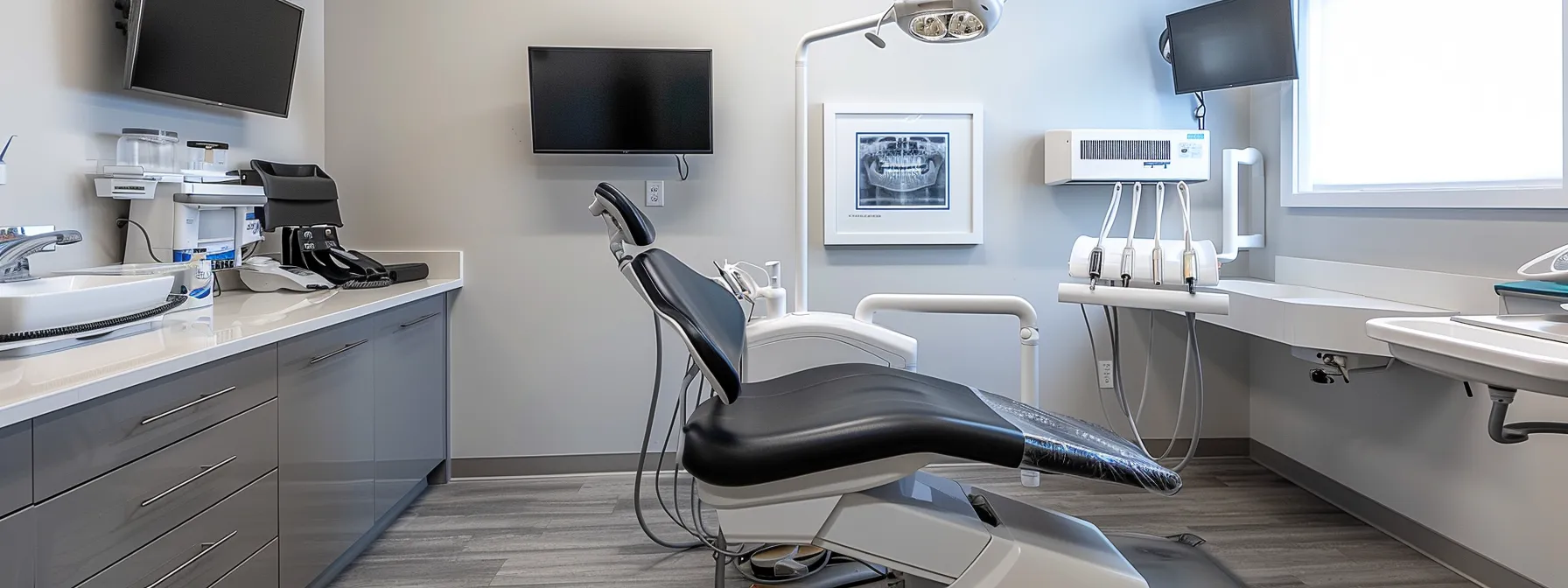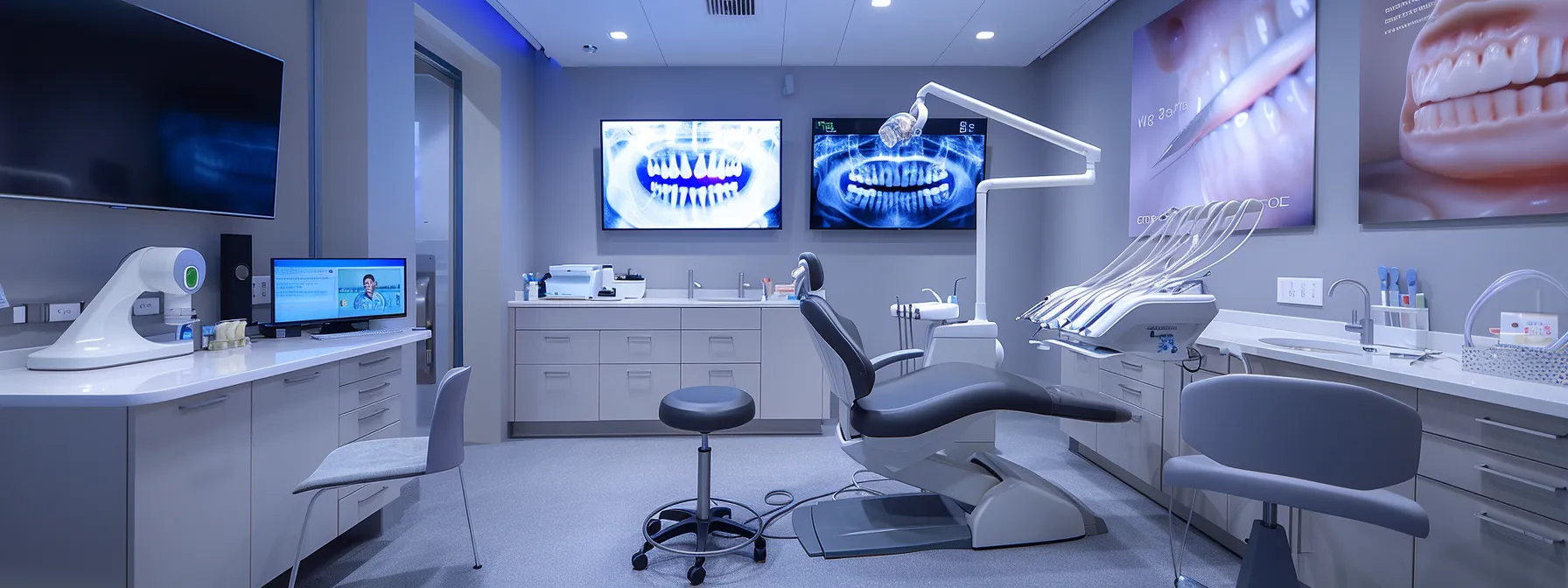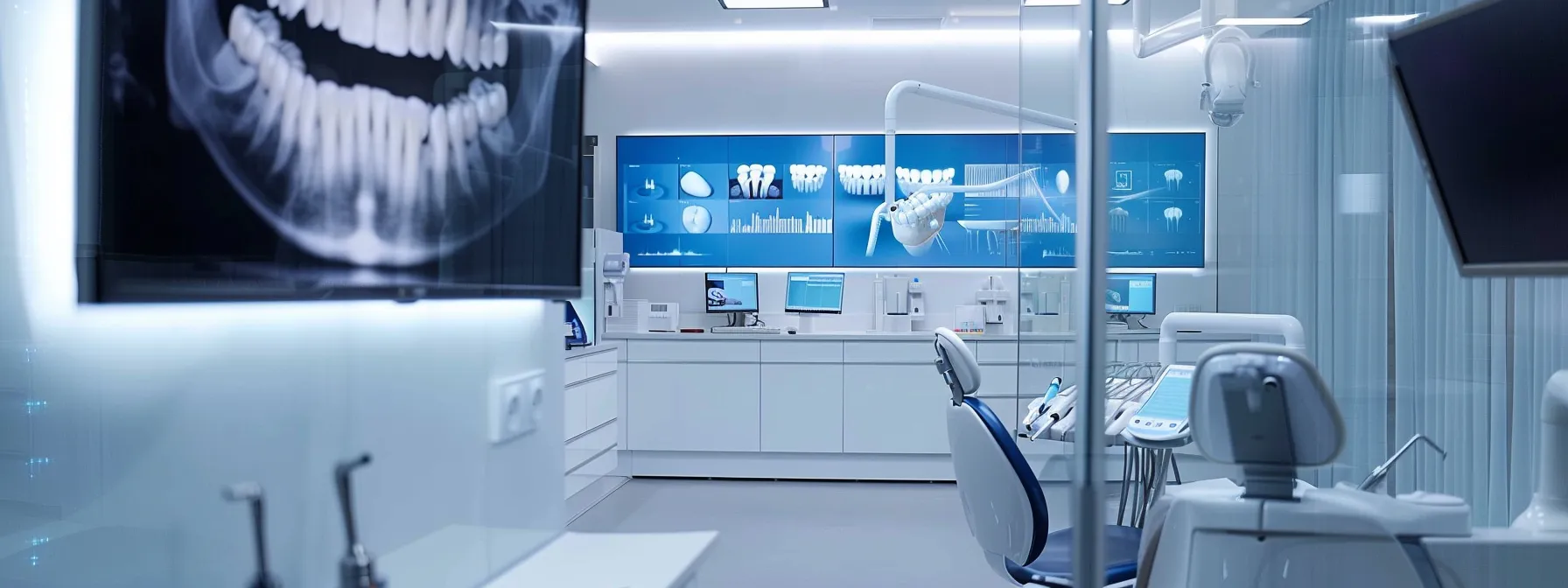Are you struggling to decide between dental implants and dentures? Many people face this challenge when dealing with tooth loss, and it’s essential to understand the options available. This article will break down the benefits of dental implants compared to dentures, discuss the procedures involved, and highlight who might be the best candidates for implants. By reading this, you’ll have a clearer picture of which solution may work best for your needs and how each option can improve your quality of life. Your journey to better dental health starts here!
Key Takeaways
- Dental implants are a long-lasting solution, while dentures require regular replacement and adjustments
- Implants integrate with the jawbone, promoting better oral health compared to dentures
- Patients should consult a dental professional for personalized advice on tooth replacement options
- Cost considerations include initial expenses for implants versus long-term maintenance for dentures
- Good oral hygiene is crucial for the success of both dental implants and dentures
Overview of Dental Replacement Options
Dental implants and dentures are two common solutions for tooth loss, each offering unique benefits. Dental implants involve a surgical procedure where a prosthesis is anchored into the jawbone, while dentures are removable devices that replace missing teeth. Understanding the key differences between these options is essential for making informed decisions about therapy, coverage options like Delta Dental covering implants, and overall oral health.
Defining Dental Implants and Dentures
Dental implants are an advanced solution for tooth loss that involves a surgical procedure. They consist of a post placed into the jawbone, acting as a sturdy foundation for a replacement tooth, making them a long-lasting option for those looking for one solution dental. On the other hand, dentures are removable devices designed to replace missing teeth and cover the gums, providing support for facial structure and functionality, though they might require adjustments over time and aren’t typically anchored in the jaw like implants.
Key Differences Between Dental Implants and Dentures
When considering dental implants versus dentures, patients should note several key differences. Dental implants involve a surgical procedure where a post is inserted into the jaw, providing a permanent and stable solution that typically requires no special care beyond regular oral hygiene. In contrast, dentures are removable, require careful cleaning, and may lead to issues like bleeding or discomfort if not fitted correctly. Additionally, while patients often seek dental insurance for implants, coverage can vary significantly, influencing their choice between these two options.
Evaluating the Benefits of Dental Implants

Durability and longevity are key factors when choosing between dental implants and dentures. Dental implants not only provide aesthetic advantages, giving a natural look to the mouth, but they also enhance comfort and functionality in daily life. Additionally, understanding the implications of health insurance on these options can help in making informed choices that promote overall oral health.
Exploring Durability and Longevity of Dental Implants
Dental implants stand out for their durability and longevity, often lasting many years, sometimes even a lifetime. The surgical procedure performed under anesthesia allows for a sturdy post to be secured into the jawbone, creating a strong foundation that resists issues like tooth decay. With proper care and routine check-ups, many patients find dental implants to be a permanent solution, making them a preferred choice in prosthodontics. For those considering the best dental plan for implants, exploring coverage options is essential to ensure that this investment in oral health is both manageable and effective.
Understanding the Aesthetic Advantages of Dental Implants
Dental implants provide significant aesthetic advantages that contribute to a person’s confidence and overall quality of life. With a custom crown securely attached to the implant, individuals can enjoy a natural appearance that mimics real teeth, making them less self-conscious during social interactions. Unlike dentures, which might slip or require frequent adjustments, implants offer stability for activities like chewing, allowing users to eat their favorite foods without worry. For those considering enhancing their smile, consulting a bosque county dentist can provide tailored advice on integrating tooth whitening solutions and other enhancements that complement the benefits of dental implants.
Assessing Comfort and Functionality in Daily Life
When looking at comfort and functionality in daily life, dental implants clearly shine compared to dentures. Implants offer a secure fit that eliminates the worry of slipping, which is a common concern for denture wearers, especially during meals or social interactions. Their biocompatibility helps integrate the implants with the jawbone, allowing individuals to enjoy their favorite foods without fear of injury or discomfort, while also simplifying hygiene routines since they can be maintained with regular brushing and flossing, similar to natural teeth. For those considering investment options, exploring dental plans that cover implants can make this long-lasting solution more accessible.
- Dental implants provide a sturdy foundation for eating and speaking.
- They eliminate concerns about slipping or discomfort associated with dentures.
- Regular hygiene practices are similar to natural teeth, making care straightforward.
- Biocompatibility allows for seamless integration with the jawbone.
- Dental plans for implants may offer financial support for patients pursuing this option.
Comparing the Risks and Benefits of Each Option

Dentures come with risks like pain, potential for bone resorption, and the need for grafting to address tissue loss over time. In contrast, dental implants may provide a safer choice by promoting better bone health and minimizing these complications. This section will delve into the challenges associated with dentures and explore how implants can enhance oral health and comfort.
Risks and Challenges Associated With Dentures
Dentures can come with various risks and challenges that users should consider. Maintaining oral hygiene can become more complicated, as improper care can lead to gum irritation and bone resorption over time. Many people experience discomfort with dentures, especially if they don’t fit well, which can negatively impact their confidence while eating and speaking. This is where the benefits of dental implants stand out, as they offer a more stable solution, reducing the ongoing discomfort associated with dentures. For those concerned about costs, looking into supplemental dental insurance for implants or identifying good dental insurance for implants can make this durable option more accessible and appealing.
Why Dental Implants May Offer a Safer Choice
Dental implants can be seen as a safer choice compared to dentures due to their secure anchoring in the jawbone with a titanium post, which promotes better bone health over time. Unlike dentures, which require frequent adjustments and can lead to discomfort, implants integrate more naturally into the mouth and eliminate worries about slippage. For those exploring options, understanding how dental insurance may cover implants can help make this long-lasting solution more feasible.
- Dental implants use titanium posts for permanent stability.
- Benefits include improved bone health and reduced risk of discomfort.
- Insurance coverage for implants can make them more accessible.
The Procedure for Getting Dental Implants
The dental implant process involves several steps that ensure a successful outcome for patients seeking a reliable solution for tooth loss. This section will outline these key steps and provide insight into the expected recovery time after the surgical procedure. Understanding this information is vital for anyone considering dental implants as a permanent option.
Steps Involved in the Dental Implant Process
The dental implant process typically starts with a thorough consultation, where the dentist evaluates the patient’s oral health and discusses expectations. Next, a minor surgical procedure is performed to place the titanium post into the jawbone, acting as a strong anchor for the artificial tooth. After a healing period, during which the implant fuses with the jawbone, a custom crown is fitted to complete the restoration, providing a natural look and function that many prefer over dentures.
Expected Recovery Time After Dental Implant Surgery
After dental implant surgery, patients can typically expect a recovery period of about one to two weeks for initial healing. During this time, it’s normal to experience some swelling and discomfort, but this can usually be managed with over-the-counter pain relief. Most individuals can resume their daily activities within a few days, but it’s essential to follow the dentist’s post-operative care instructions to ensure optimal healing and to integrate the implant properly with the jawbone.
Who Are Ideal Candidates for Dental Implants?
Several factors determine who may be an ideal candidate for dental implants. Key health considerations include the condition of the jawbone, gum health, and medical history. Understanding these elements can help individuals assess their eligibility for fulfilling dental solutions. This section will delve into specific criteria that influence candidacy, offering practical insights to guide decision-making.
Factors Influencing Eligibility for Dental Implants
Individuals considering dental implants should meet specific criteria to determine their candidacy for this effective tooth replacement option. Factors such as the density and health of the jawbone, overall oral hygiene, and the absence of certain medical conditions play a key role in eligibility. For example, a strong jawbone is essential for securely anchoring the implant, while good gum health protects against infection. Understanding these factors can help guide those interested in enhancing their smile and dental function.
Common Health Considerations
When considering dental implants, several common health factors can influence a person’s candidacy. For instance, having a healthy jawbone is essential, as it provides a stable foundation for the implant. Additionally, good gum health helps prevent infection and supports the healing process, making it vital for individuals to maintain proper oral hygiene before and after the procedure to ensure the success of their implants.
Personalizing Your Dental Care Choices

Consulting a dental professional is crucial for personalized advice on whether dental implants or dentures fit one’s needs. Evaluating personal budgets and lifestyle factors also plays a significant role in the decision-making process. These considerations will guide individuals in selecting the best option for their oral health and overall well-being.
Consulting a Dental Professional for Tailored Advice
When deciding between dental implants and dentures, consulting a dental professional can make all the difference. They can provide personalized insights based on an individual’s oral health, lifestyle, and budget. A dentist can help clarify which option may work better for each person, ensuring they make an informed choice that aligns with their needs and enhances their overall well-being.
Evaluating Personal Budget and Lifestyle Needs
When weighing the choice between dental implants and dentures, it’s important to consider personal budget and lifestyle needs. Dental implants often involve a higher upfront cost due to the surgical procedure and materials used, which might not be feasible for everyone. On the other hand, dentures tend to be more budget-friendly initially but may require ongoing adjustments and replacements, adding to long-term expenses. By evaluating these factors, individuals can find the right dental solution that fits their financial situation and daily routines, ultimately leading to improved oral health and satisfaction.
Conclusion
Choosing between dental implants and dentures is a critical decision that impacts both oral health and daily life. Dental implants offer a permanent solution with durability, improved functionality, and a natural appearance, while dentures provide a cost-effective, removable option. Understanding the differences and benefits of each can help individuals make informed choices that align with their lifestyle and budget. Consulting a dental professional ensures personalized advice tailored to specific needs, empowering individuals to enhance their smiles confidently.
Dr. Scott Kennedy and the team at Dynamic Family Dentistry are here to help you achieve the bright, confident smile you’ve always wanted. Book a consultation today to learn more about cosmetic teeth whitening in Clifton, TX, and take the first step toward a radiant smile!
Schedule an Appointment
Dynamic Family Dentistry
302 S. Avenue Q, Clifton, Texas Driving Directions
Related Articles
Dental Implants 101, Cost of Dental Implants, Post-Surgery Care for Dental Implants, The Dental Implant Procedure, The Benefits of Implants, What to Expect with Implant Surgery


